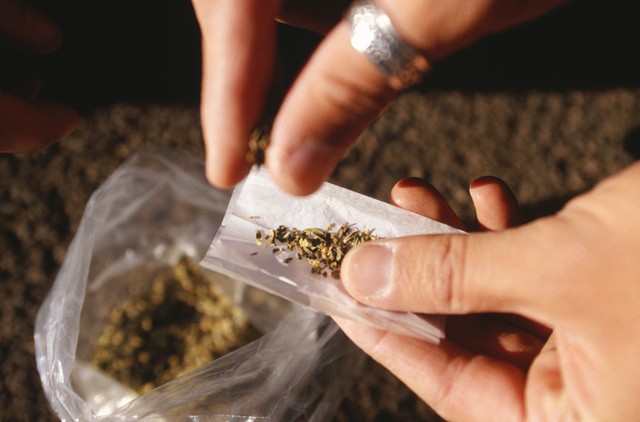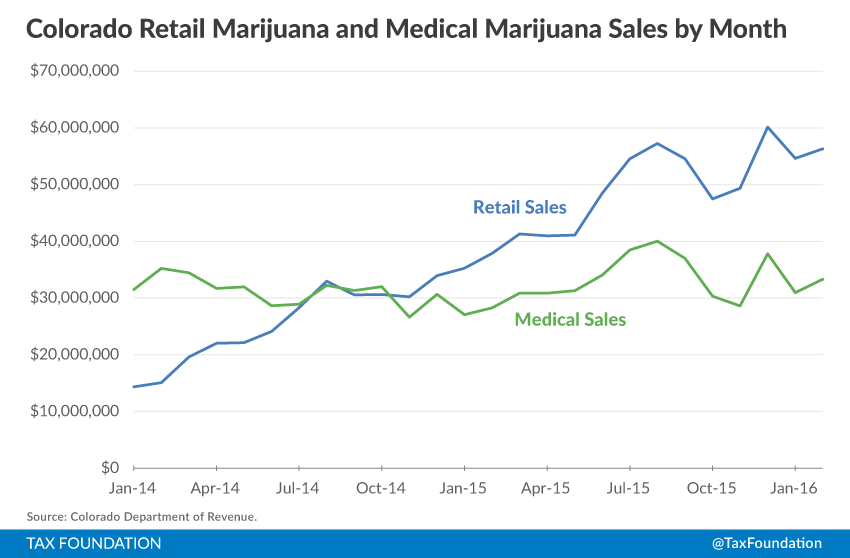Oregon’s marijuana legalization has produced a business boom — a boom that some fear may go bust if the state can’t get a handle on its regulatory process.
The concern surfaced in the Oregon Marijuana Business Conference held Sunday at the Ashland Hills Hotel. Growers, processors, retailers and regulators who came together for the session found themselves discussing an abundance problem — too much marijuana and too many businesses for the state to handle in a timely fashion — along with the threat of competition from major players and other states.
Steve Marks, executive director of the Oregon Liquor Control Commission, told the audience of roughly 700 people listening to a panel discussion that the state is working to reduce a backlog in applications from marijuana businesses.
“We’re hoping to have a three-month waiting list,” said Marks, whose former alchohol-only agency now also manages marijuana regulations.
It’s an optimistic goal for the OLCC, which has approved 1,600 cannabis business applications as of this year, but still has 1,165 applications awaiting processing.
“This year we’re prioritizing renewals,” he told the audience while urging them to go online and fill out their paperwork to speed that process.
But not everyone was convinced the state efforts would succeed.
“While you guys are busy patting yourselves on the back, from the outside it looks like a floundering regulatory process doomed to fail,” medical grower and activist Merrick Spires told Marks.
Panelist Danica Hibpshman, OLCC’s director of statewide licensing and compliance, said growers can expedite their applications by ensuring their paperwork is in order and can proceed with their businesses even before they get an OLCC signoff.
“You can operate while you’re waiting for your license if you have proof of your application,” she said.
Spires contended Oregon has allowed its brand to falter under the weight of big out-of-state growers, whose production levels could swamp local growers.
“Before it’s over they’ll be selling it for five bucks a pound at Walmart,” he said.
Spires told the panel that pioneers in the industry who started as medical growers need continued protection.
“Oregon created a brand which is considered the best,” he said. “The state put in tough regulations at first, treated it like medicine. Then big companies come in not wanting regulations.”
Marks said that state regulations have changed, in part to help medical marijuana growers keep their heads above water.
“As of 2017 we allow growers of medical to transfer 20 pounds into the recreational market,” said Marks, noting that would help medical growers offset their costs and allow them to remain in the competitive industry. Medical growers previously could not sell to retailers or their patients.
Marks also acknowledged that Oregon producers will be facing even more price pressure as new players enter the market.
“There’s enough out-of-state push, you have to plan on making less per pound,” Marks said. “As more grows it becomes worth less. No local agency can prevent that.”Medical cannabis remained a big part of the conversation.
Brie Malarkey, founder of Breeze Botanicals, the first dispensary in Southern Oregon to gain state approval, encouraged her fellow industry members to remember their role in helping patients.
“We can legally give cannabis away to patients,” she said. “We can give back to people.”
Malarkey urged anyone involved in the marijuana industry to ask others what they’re doing for patients and their growers.
Moderator Brent Kenyon, owner of Grateful Meds dispensaries and Kenyon Consulting and also a member of the OLCC rules advisory committee, echoed her sentiment.
“Poor patients can’t afford to pay $40 an ounce for oils,” he said. “We need to remember them, too.”
Kenyon also told the audience that they must prepare for heightened competition.
“There are no better growers in the world than in Southern Oregon,” Kenyon said, while adding that those growers must be aware of the potential effects of legalization in other states.
“You should look at Las Vegas,” he said. “People are pouring in from everywhere. We may not want to see it. It is a different market but things will come out of there, too. We have to be prepared as an industry to work together.”
But small growers like Spires see a major threat in the combination of increased competition and state regulations.
“The problem of over-production, there’s no way around it,” Spires said. “But they’re (the state) trying to force artisanal growers out by restricting small growers and by regulating medicinal, with far fewer regulations for recreational.”
Marks urged audience members to participate at the state regulatory level to address those concerns.
“When you look at regulations, suggest resolutions,” he said. “Look at hemp and medical regulations as well as expansion.”
Kenyon urged the crowd to help each other in building the industry.
“A rising tide lifts all boats,” he said. “Let’s work together.”
credit:mailtribune.com



